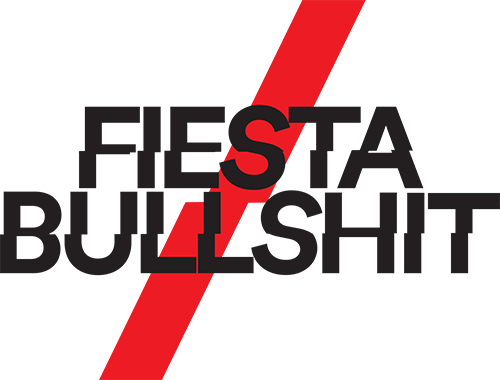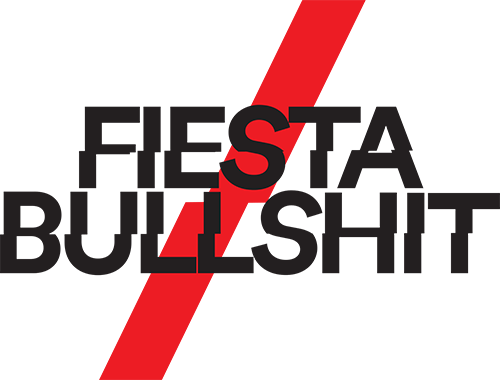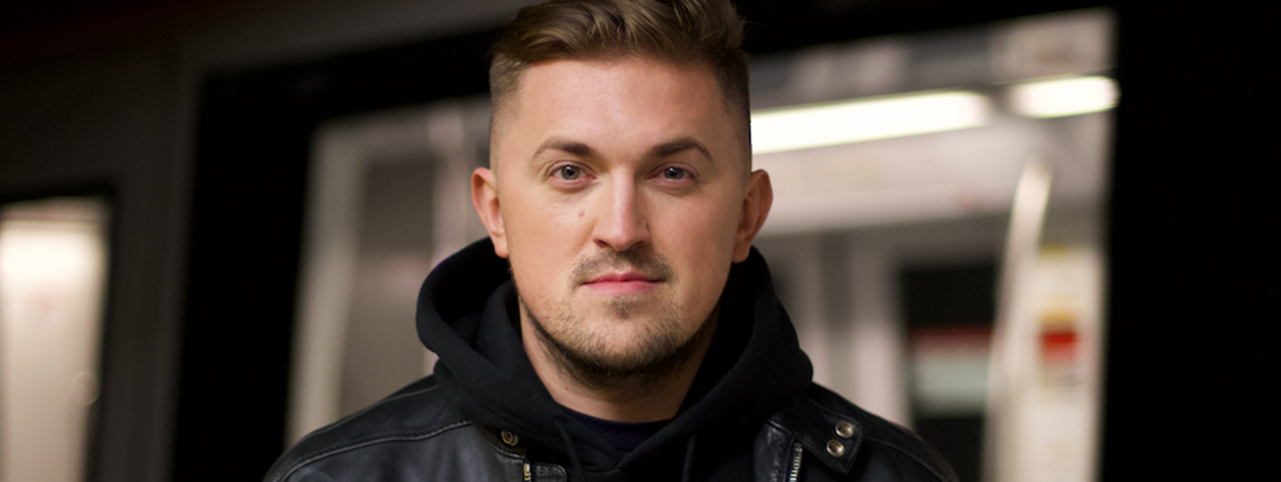SPARTAQUE: MAKING A LIVE IS NOT ABOUT SOME TRACKS MIXED WITH ABLETON, THAT IS TO TRICK THE AUDIENCE
FB: You’re the first Ukrainian artist we interviewed at Fiesta & Bullshit, so it’s mandatory that we start talking about your country. What are the first memories, first things that come to mind?
S: I’m very happy to realize that I’m the first Ukrainian artist, thank you! Of course, Ukraine is a huge country and a country that I love very much, it’s a country with a very interesting climate, especially compared to Barcelona, the city I’ve been living in for the last 18 months. We have very hot summers, really clear and different autumns, winters with a lot of snow and short springs. Also, in Ukraine, girls are very beautiful. The national culture is also unique, and our cuisine, which I miss a lot, is really delicious. We have huge cities like Kiev, Kharkov, Leopolis, Odessa, Dnipró and more. You are always welcome to visit my country!
FB: If we go back to the years when Vitalii started to play … What were your first contacts with the clubs in your city? What was it like in those years?
S: Just the other day, I tried to remember the first event of the club I attended. I think I was 14 at the time. A friend of mine knew a promoter, and it was kind of a hip party. I also did break dance. But it was fun and great anyway. That’s when I started my club life. I remember my friends and I each drank a bottle of beer before we got inside. I felt like clubs were my kind of thing and that’s how it all started.
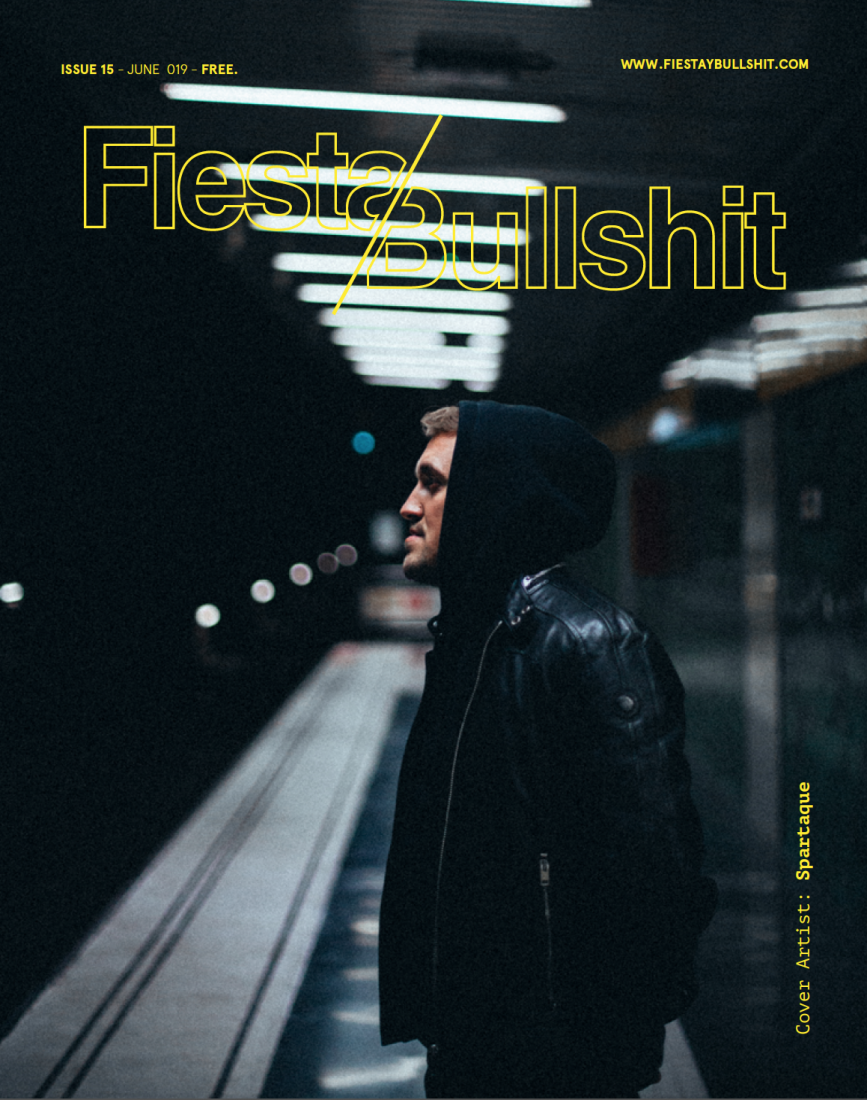
FB: What about electronic music? How was your first contact?
S: Well, that depends on what you call electronic music. Look, as I said before, when I first joined a club, I liked hip-hop culture better and I also did break dance and I really liked electro funk. That’s also electronic music, literally. It’s just that the rhythms were broken. It was the kind of music I wanted to produce and play until I was about 16, when a friend introduced me to house music.
FB: Who would you say is the most representative artist of your country?
S: In fact, a wide variety of artists represent Ukraine on today’s world music scene. We have Nastia, an ARTBAT duo, Marika Rossa, all Ukrainian techno artists.
FB: In your biography, you say that your turning point was in 2007, when you performed for the first time at the Ukrainian Global Gathering festival. How did you feel when you were called to perform there and what do you remember about that day?
S: Of course, that day was a milestone for me. I’ll never forget it. Six months earlier, I won a mixing contest organized by the same company that was also behind the event and I was chosen as a young, low-profile representative of their city. They gave me that opportunity, so it was really great. Almost half of my set I made there consisted of my own tracks. The next morning, when I woke up, I had become popular. I am very grateful to Virus Music, the company that gave me that opportunity and believed in me. Performing at my first festival, the first festival in Ukraine, definitely opened a lot of doors for me.
FB: And after this festival … What changes did you notice in your career?
S: A lot has changed, in fact, after that festival. A couple of months later, I moved to Kiev and was put on that company’s list. And I mean that the company was important. After that, my career skyrocketed, speaking in terms of Ukraine and post-Soviet space. And already in 2008, when I became the number 1 DJ in Ukraine but needed a little more time to learn how the world market works, including Europe.
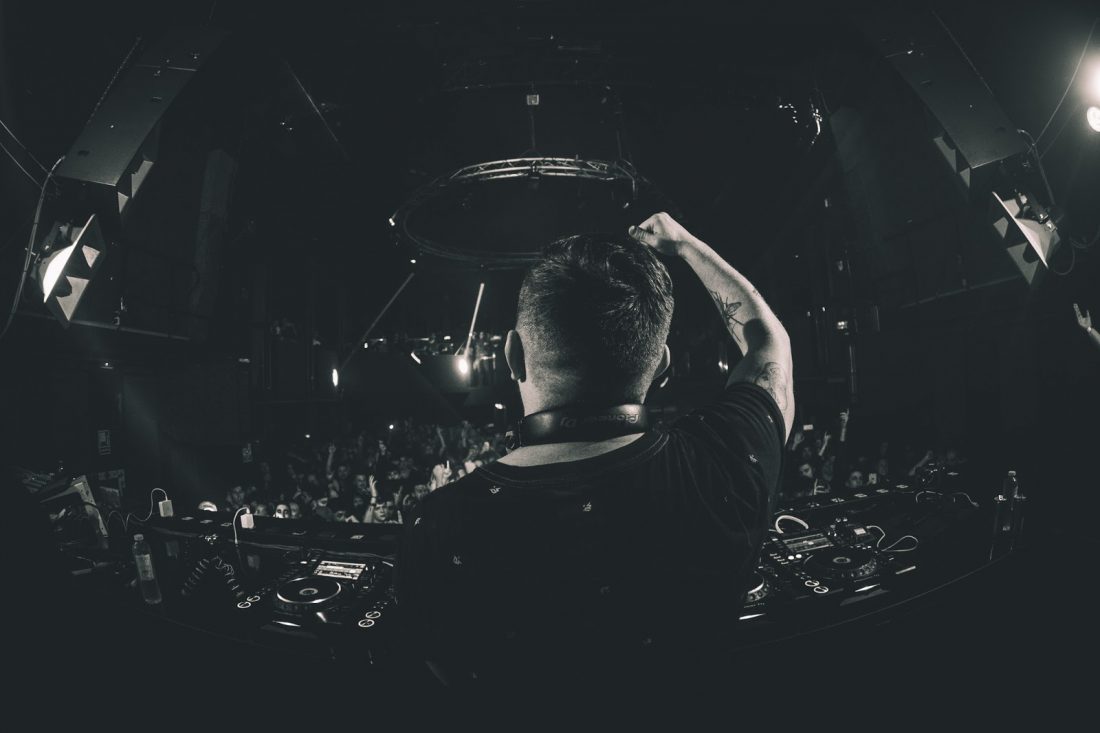
FB: In Spain, we started to know more about you, thanks to your music, but what have you learned from Spain and its electronic scene?
S: I can talk about Spain for hours, and, of course, this country is rich not only because of the great audience but also because of the brilliant DJs. Cristian Varela, Oscar Mulero, Wally López, Fátima Hajji, Paco Osuna, Ramiro López, Nuke, Coyu, Andrés Campo and many, many more. Among the youngest are Dok&Martin, the guys I recently signed up for my Codex label.
FB: You have produced more than 300 tracks. To get an idea of how it’s done, which one took the least time? What’s the name of the track?
S: Good question because I think my most successful tracks are the ones that take the least time to make. One of them, which I wrote fast and worked pretty well, was Thunderbolts. It was released in Off Recordings and so far people have heard it more than 400,000 times on Spotify. I think it only took me two or three hours.
FB: In our magazine we have a section called: In the Studio. Let’s talk a little about yours. What team do you have? Tell us about your production routine.
S: Unfortunately, I’m afraid my studio setup will be a disappointment to many of the hardware fans out there. My studio is a FireFace 400 – RME sound card, my drivers, a Pioneer Toriaz series, and that’s probably it. It’s very important for me to be able to produce music while I’m on tour, flying somewhere. So, despite the fact that I’m out of the global trend here, I still give my preference to digital plugins. For convenience.
FB: Do you have plans to do a live? How would you like it to be?
S: I’ve been thinking about doing a live but I think, if you call something “live”, you shouldn’t fool your audience. Then it must be a real live performance. This isn’t about some tracks mixed in Ableton. So far I don’t see the opportunity to do a live set myself. I think, considering how I would like it to happen, I would need help.
FB: Now you live in Barcelona. When did you move here and how was the change?
S: Yes, I’ve been living in Barcelona for the last 18 months, and during this period, I fell even more in love with the city. There were some things we had to adapt to, but life here is super in general. My daughter goes to a local school and already has many friends with whom she speaks Spanish. My wife has also found her place here in Barcelona, and this has substantially facilitated my life in the city, my travels to other places and opportunities for interaction with other artists. I love this city.
FB: As a means of communication, let’s talk about Raverspot. What was the reason for creating this channel?
S: Raversport is an experimental project for me. I would love to expand the network of contacts with other artists, with people working in the music industry, and that’s why the project was created. However, we faced certain problems when I realised that it is quite complicated to adapt my touring programme to the schedules of other artists and people working in the industry. We’ve done episode 1 and paused the project to see how I can adapt all this to find enough time. Anyway, the project is certainly very promising and interesting in the first place.
FB: You launched it recently… Who will be your next guests?
S: We are now having conversations with various artists and label directors, but, of course, I would like to widen the circle of contacts to have the opportunity to communicate, not only with people who are often interviewed anyway (I’m talking about artists), but also with people who are somehow left in the shadow of the industry: magazine owners, top music store managers and many, many other people who are directly related to the music industry while keeping a low profile.
FB: And who would you like to interview? Who is that person you dream of having at Raverspot?
S: There are a lot of people like that. Probably the person I’d most like to interview is Richard Branson, the man who created the Virgin label. It was this label that launched Around the World by Daft Punk as well as a lot of works by other brilliant musicians.
FB: We’re from Ibiza, and we know you were there last summer. How was the experience? Was it your first time? When was your first visit to Ibiza?
S: Yes, last year was the first time I went to Ibiza and I loved it. It was a private trip: we were there mainly to take a look. I saw a lot of big clubs there, and I was able to learn about this scene from somewhere else. I can safely say that this year I will visit not only as a tourist but also as a guest.
FB: This summer, you have a confirmed date, can you tell us more? When and where will we see you?
S: Yes, those will be the Tronic parties made in conjunction with Terminal 4, parties by Christian Smith’s label, with a big poster. Of course, it’s a pleasure to be part of that list. The first party, the opening of the season was on May 22ndand it was super.
FB: Speaking of Tronic, how is your relationship with the label and Christian Smith? It was on the cover of our magazine in June last year.
S: I met Christian Smith in Lisbon a few years ago. He’s a really carefree, cunning and well-mannered man. It’s always fun to discuss with him the latest trends in the club industry and all the new features we could use in our business. I focus a lot on my marketing, just as he does, and every time we meet, we exchange some little secrets, new opportunities and perspectives. Now I can’t wait to see him again, in May.
FB: We don’t want to end this interview without talking about Codex. How’s the seal going? And the label industry itself, how do you see it?
S: Thank you very much for touching on Codex. The seal has finally gained a good momentum, and I’m really happy to see that. The last release we did with Giovanni Carozza appeared on the techno charts, and was played by most of the best DJs, like Sam Paganini, Charlotte de Witte who played it on Time Warp, and Pan Pot, who also played it on Time Warp. First of all, this happened because of Spotify because this service allows direct access to the public. This has changed in many ways my attitude towards the recording and release industry. I see that many new perspectives have opened up for me.
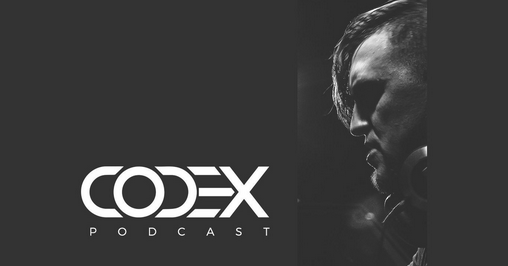
FB: Por cierto, eres uno de los artistas que está de gira casi todos los fines de semana. ¿Cuál fue la ciudad que más te sorprendió el año pasado? ¿Y qué ciudades planeas visitar este verano?
S: Yo viajo mucho, es cierto. Pero no veo mucho de las ciudades que visito, lo que también es cierto. Lo que veo más son los aeropuertos, clubes y hoteles. Entre los últimos viajes, me encantó Bilbao. La ciudad es tan limpia, y ese Museo Guggenheim fue realmente impresionante en cuanto a arquitectura. En cuanto a mis próximos viajes, tengo muchos programados. Por supuesto, esto será Europa. Tengo planeado visitar a Corea del Sur – otro viaje interesante. En general, habrá muchos lugares en los que ya he estado. Viajaré por España, Portugal, Alemania, Francia, la República Checa y muchos otros países.
FIESTA&BULLSHIT TEST
¿El primer lugar que tocaste?
Freedom Square, Járkov, Ucrania, agosto de 2005.
¿El mejor club?
Fabrik, Madrid, probablemente.
¿Tu mejor set?
Global Gathering, 2007. Esa fue una actuación histórica para mí, eso es seguro.
¿El mejor DJ que has visto?
Hay muchos. Un día me impresionó mucho el set de Dubfire en 2007, el que influyó en mi producción posterior.
¿Si no fueras DJ, a qué te dedicarías?
Tal vez, ahora, me gustaría adentrarme en el marketing, definitivamente me encanta esto.
¿Tu lugar preferido en Ibiza?
Esa es la villa donde se hospedaron mis amigos el año pasado, con una hermosa vista de la isla.
¿Tu especialidad en la cocina?
Me gusta cocinar, en general.
¿Qué equipo te falta en tu estudio?
Una nueva caja de ritmos es algo que podría necesitar comprar.
Un track para definir Ibiza?
Café del Mar.
